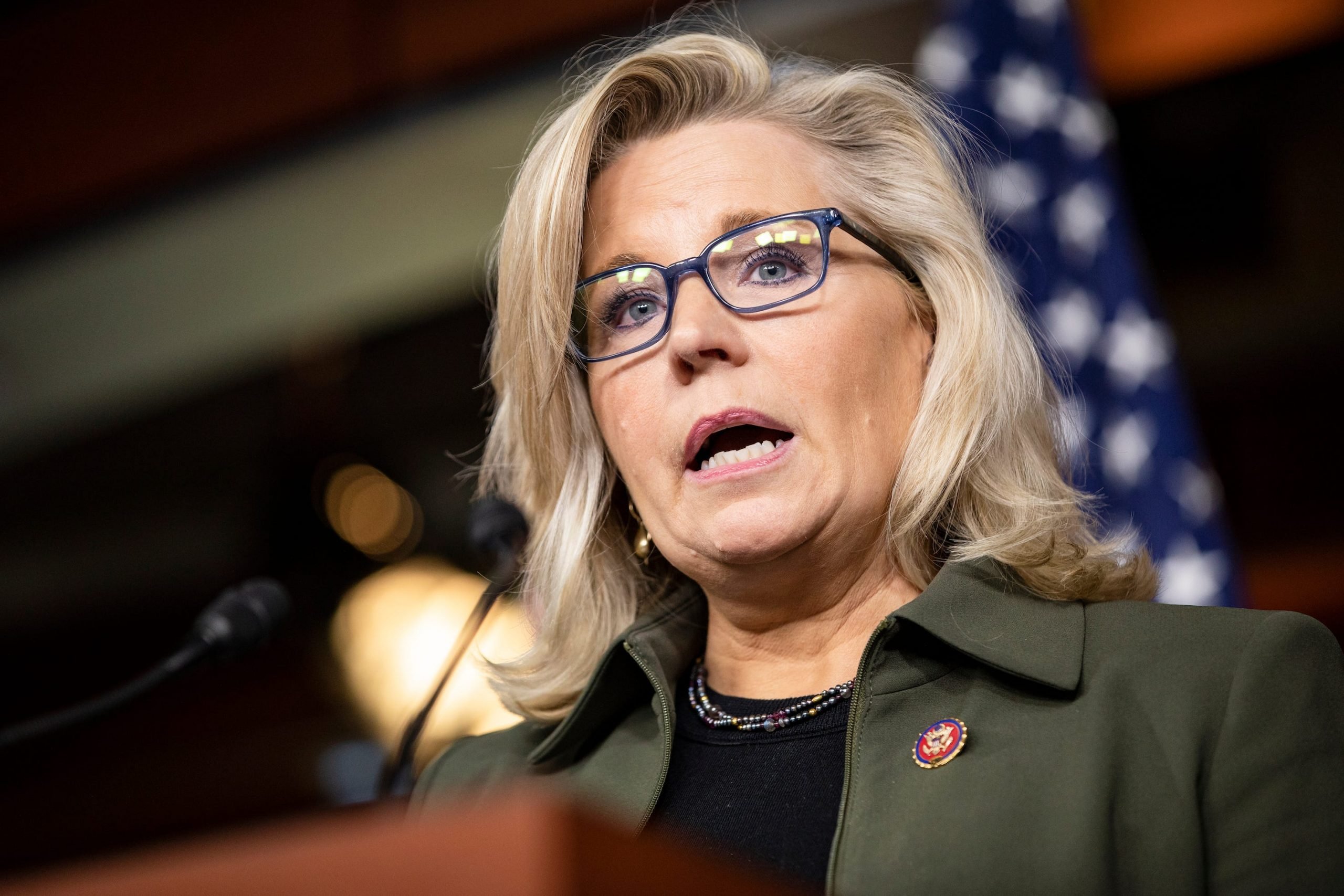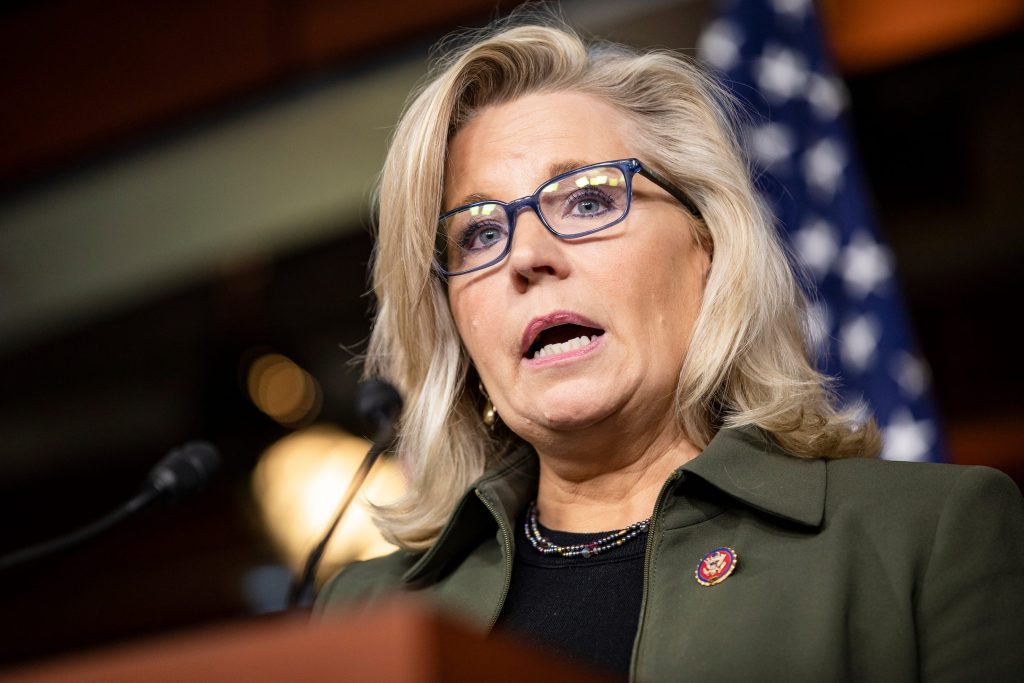
Getty
- In an Axios interview, Liz Cheney declined to connect Trump's election lies to GOP voting laws.
- "I think you have to look at the specifics of each one of those efforts," she said.
- Cheney lost her House GOP leadership position for continuing to criticize Trump's debunked claims.
- See more stories on Insider's business page.
After the Jan. 6 Capitol riot, GOP Rep. Liz Cheney of Wyoming became one of former President Donald Trump's toughest critics, blasting him for continuing to spread lies about the 2020 election.
Cheney's vocal criticism of Trump cost her the No. 3 position in the GOP caucus as House Republican Conference Chair, but she said she would not be deterred from telling the truth.
"If you want leaders who will enable and spread his destructive lies, I'm not your person – you have plenty of others to choose from," she said after her ouster from leadership earlier this month. "That will be their legacy."
In response to Trump's repeated attacks on election integrity before and after the 2020 presidential election, Republicans across the country have introduced a flurry of new restrictive voting laws.
But during an Axios interview that aired on Sunday, Cheney declined to connect Trump's election lies with the rash of restrictive voting bills that have become a cause célèbre for conservatives.
"I think you have to look at the specifics of each one of those efforts," she told correspondent Jonathan Swan. "If you look at the Georgia laws, for example, there's been a lot that's been said nationally about the Georgia voter laws that turns out not to be true."
Georgia, which President Joe Biden won by nearly 12,000 votes last year, was the scene of a monthslong pressure campaign by Trump to overturn the results, and became a national focal point for GOP-led restrictions as its new voting law adds such regulations as limiting the usage of ballot drop boxes and mobile voting vans.
Swan pushed back at Cheney's answer, noting that Georgia Lt. Gov. Geoff Duncan said that false voter-fraud claims from Trump's former lawyer Rudy Giuliani heavily influenced the new voting laws in his state.
"I don't think it's a coincidence after the election that this has happened," Swan said.
Cheney, for her part, seemingly endorsed the Republican focus on voter integrity.
"Everybody should want a situation and a system where people who ought to be able to vote and have the right to vote can vote, and people who, you know, don't, shouldn't," she said.
Swan continued to question Cheney about why the new voting laws were necessary.
"What was the big problem in Georgia that needed to be solved by a new law?," he asked. "What was the big problem in Texas? What was the big problem in Florida? These laws are coming all around the states, and what are they solving for?"
In her response, Cheney didn't specify what was driving the laws in the states that Swan mentioned, or mention Trump's role in inspiring them.
"I think you've got to look at each individual state law," she said.
Swan responded: "But you can't divorce them from the context."
Dit artikel is oorspronkelijk verschenen op z24.nl
